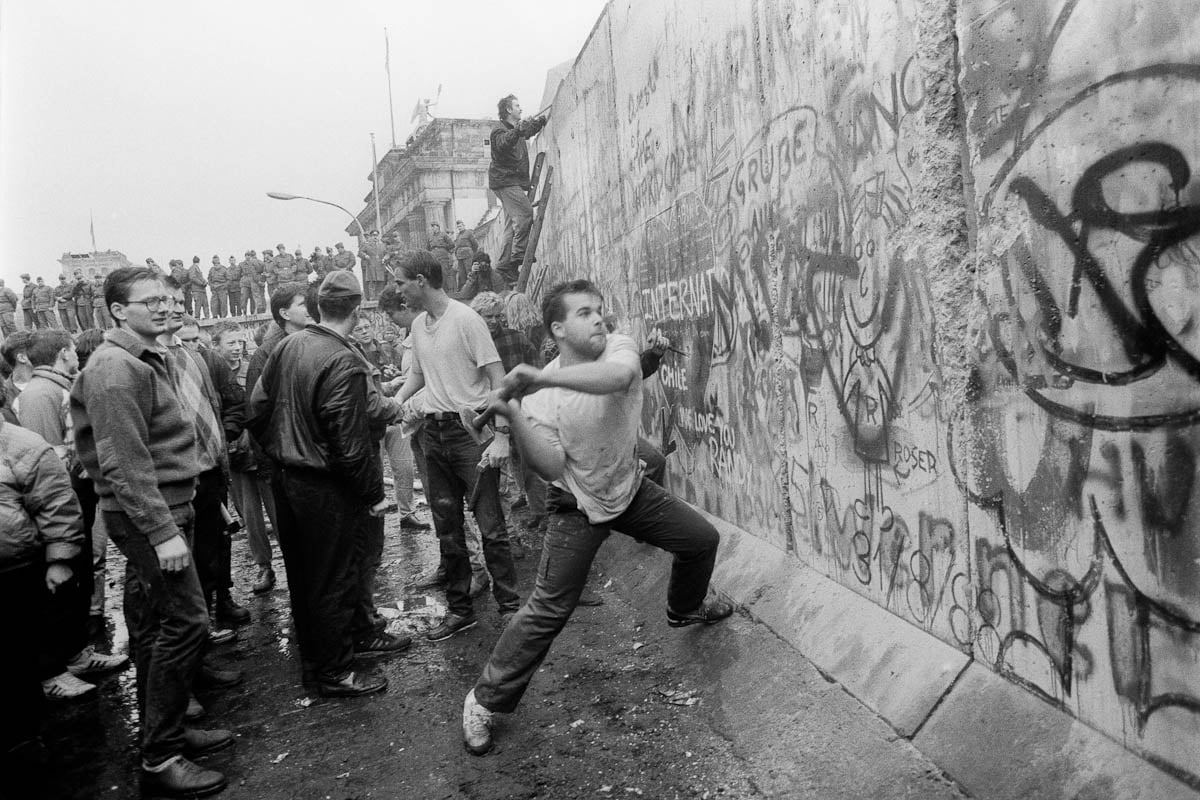Here is our new post in
which we are going to talk about the Brexit referendum.
You probably don’t know
what it is, so to explain briefly, it refers to Great Britain’s referendum to
leave the European Union and, as David Cameron says, this process will take
place before the end of 2017, probably in May or September.
Britain’s first
referendum was in 1975, shortly after it joined the EU or, in that time, European Economic Community. The public didn’t agree
to separate, so they stayed in it.
Talking about this new
referendum, people in Britain have lots of doubts about if they should stay or
leave. Those in favour of the Brexit argue that outside the European
Union, the UK would have better control over immigration. For example, they
want Britain to take back full control of its borders and reduce the number of
people going there to work. They also think that they will be better positioned
to conduct their own trade negotiations and freed from what they believe to be
unnecessary EU regulations and bureaucracy. On the other hand, those in favour
of remaining in the EU argue that leaving would risk the UK's prosperity, would
make selling things to other EU countries more difficult, and would affect the
cost of public services and much more.
One problem for the
people that want to stay in the EU is that the UK Independence Party, did well
in the last European elections. It received nearly four million votes - 13% of
those cast - in May's general elections.
David Cameron, who is
the Prime Minister of the United Kingdom, wants Britain to stay in, once he has
got some powers back from it. The Labour Party, SNP, and two other parties are
also in favour of staying in. According to an opinion poll, 51% of people who
have decided how they want to vote want to remain in the EU.
In 2013 the
Conservatives posed a question that will be probably the one people will have
to ask in the referendum. This question was; "Do you think that the United Kingdom should remain a member of the
European Union? Yes or no"
So, what do you think
about all this, would you prefer the UK to leave or remaining in the EU?
Sources:
http://www.bbc.com/news/uk-politics-32810887
https://en.wikipedia.org
And remember, stay tuned!
By: Brezo.








